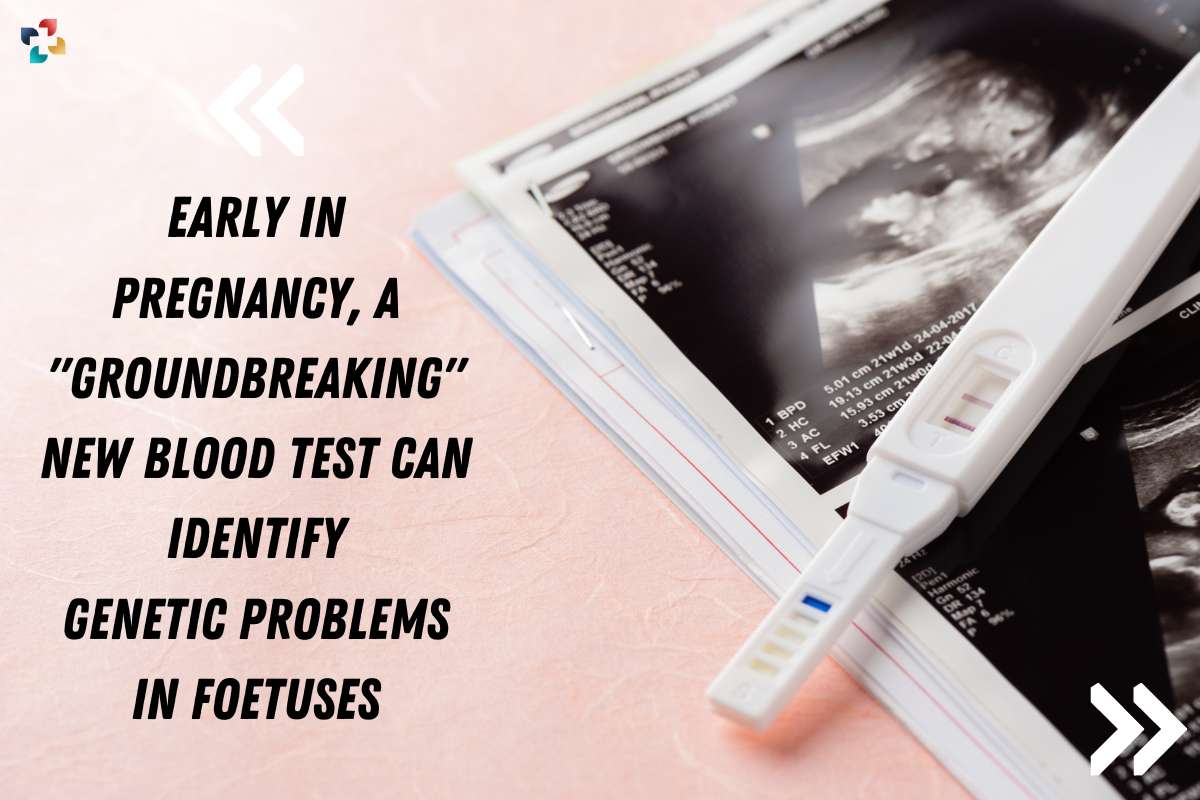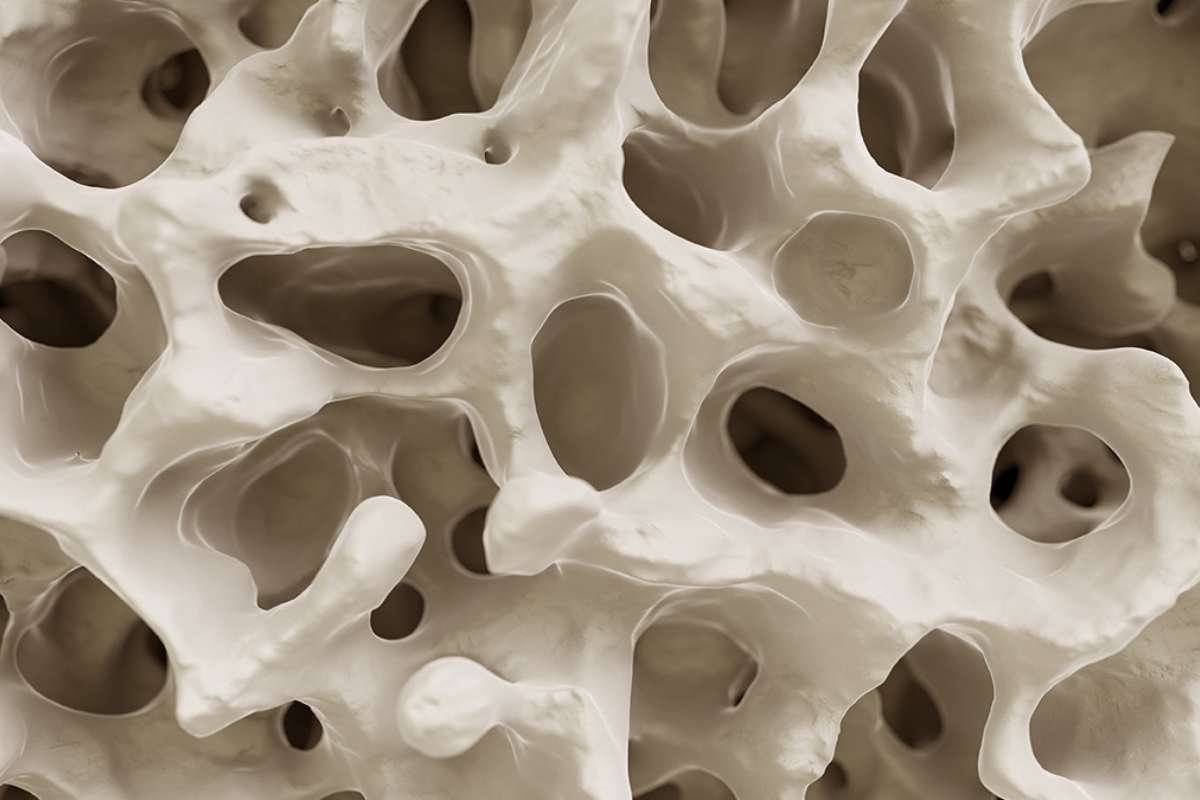In Denmark, women can now get a new blood test to find out if their unborn child has genetic problems early on in pregnancy. But it has brought up moral issues. For many years, researchers have been trying to come up with a less invasive way to check for genetic abnormalities in foetuses. Chorionic villus sampling (CVS) is currently performed on pregnant women whose unborn children are at a high risk of developing these disorders.
A needle must be placed through the mother’s stomach for the CVS placenta test. The most accurate test for chromosomal disorders including Down syndrome, this treatment has a 0.5% chance of miscarriage but might be painful for the mom. But now, scientists from Denmark’s Aarhus University Hospital have discovered a new technique that is virtually as accurate as the placenta test.
This innovative technique, known as EVITA, is a type of blood test that separates foetal cells from the blood of the pregnant woman. From the 200 million cells in the woman’s blood sample, about ten foetal cells are extracted. This amount of DNA, according to the research team, is more than adequate for a genetic analysis. Additionally, experts anticipate that EVITA will be able to detect slight chromosomal flaws.
“For now, the new blood test can reveal a number of chromosomal diseases – even more than the already existing blood test – but in the future, we will be able to find many more diseases
Ida Vogel – Professor of foetal diagnosis, Aarhus University
“In the long run, you might get the opportunity to screen for diseases that you cannot currently examine for during pregnancy, but only when the child is born. Including cystic fibrosis,” said Vogel.
She adds that in three to five years, it might become a reality. The test may also be able to detect disorders like muscular wasting and dwarfism. EVITA is referred to as “groundbreaking” by Arcedi, a private company that worked with hospitals in Denmark.
New blood test could identify 3,500 genetic disorders
“We believe the new exam has great promise. Lotte Hatt, the scientific manager at Arcedi, told DR that the company was the first in the world to introduce this revolutionary technology. Danish expectant mother Mette Frederiksen thinks the new blood test is promising.
“A blood test doesn’t seem alarming to me; it feels like something entirely natural and tangible. On the other hand, the placenta test sounds incredibly unpleasant and there is a slight chance of miscarriage. The new blood test becoming an option, in my opinion, would be excellent, said Frederiksen.
There might be fresh ethical issues.
From the tenth through the fifteenth week of pregnancy, a mother’s blood sample can contain foetal cells. Ethics watchdogs draw attention to the fact that parents can already buy and use this test before the Danish legal limit for abortion, which is at the conclusion of the 12th week of pregnancy.
Ida Donkin, a physician and participant in the Danish National Centre for Ethics, stated that “we need to talk about the fact that only some diseases need to be examined for, and what is the real purpose of wanting to examine the foetus.” The question of whether you want a child at all is no longer relevant; instead, it is whether you want this particular child, according to Donkin.
How much pregnancy-related information is acceptable to learn before the free abortion limit? The Danish National Centre for Ethics anticipates making a recommendation about limits on abortion and foetal diagnostics in the autumn. Although the new blood test is not yet available to the general public in Denmark, EVITA’s creators are hopeful that it will be. It is currently offered in Denmark at private hospitals and midwifery clinics for about €1,600.







